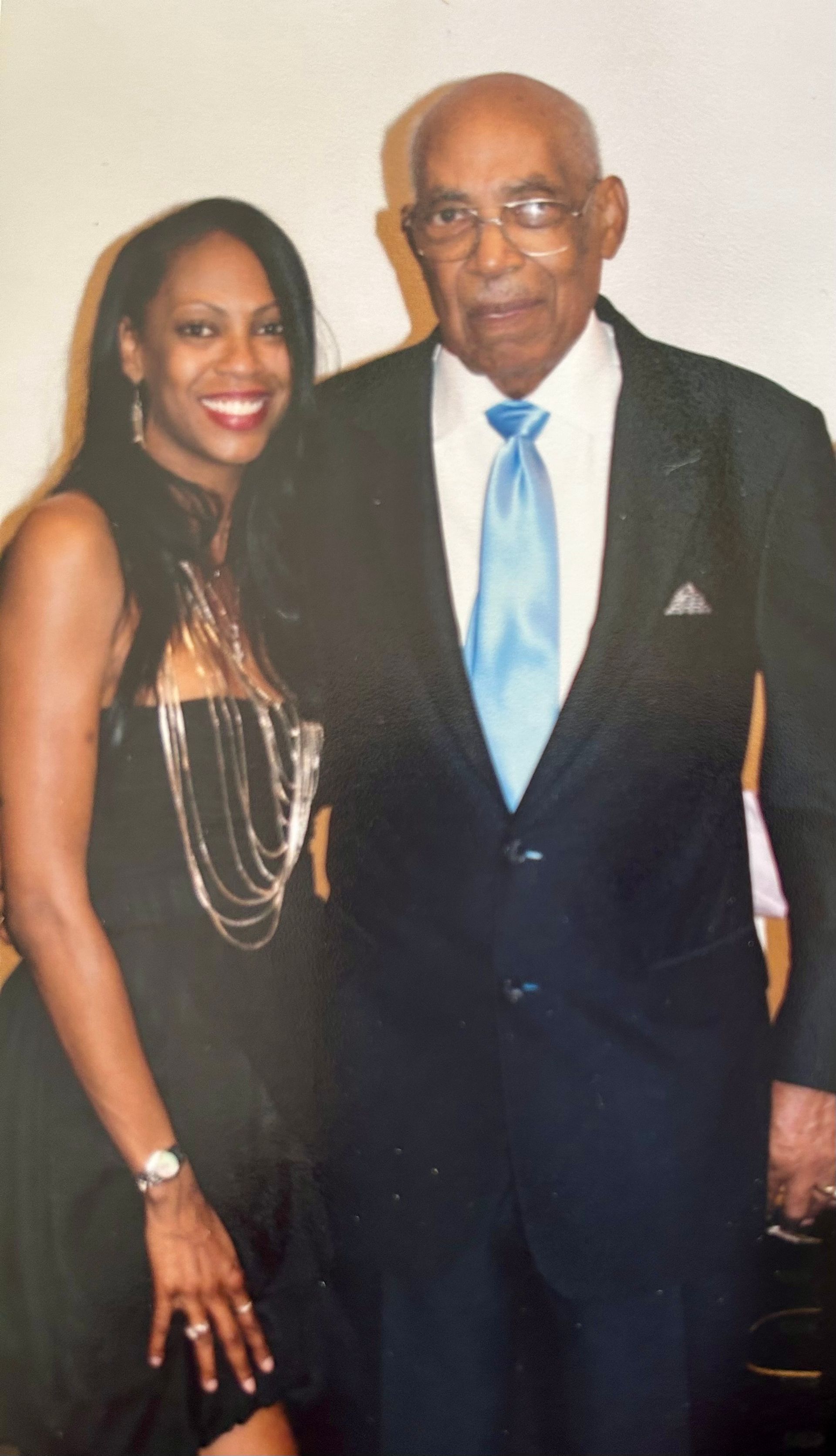This Is Why I Sing - Reflections On My Father
LPP's Stephanie Shepard Shares What Fighting for Cannabis Justice Means to Her in the Context of Black History Month
My father was born in the Deep South in 1919. Dr. Martin Luther King Jr. was assassinated in April of 1968, just days before President Johnson signed the Civil Rights Act. The following year, my father moved his family from Alabama to California. I was born a few months later, which happened to be the same year Shirley Chisholm became the first Black woman elected to Congress.
According to the Civil Rights Act, my mother should have been able to give birth to me with no issue. However, my Aunt Sally, who accompanied my parents to the hospital that night, recalled a nurse attempting to turn them away—saying that the hospital "didn't deliver Negro babies." Fortunately, a doctor intervened. I just recently noticed that my birth certificate reads "NEGRO". I came into the world screaming, leading my aunt to tell my father, "She's going to be a force."
I hope her prediction comes true one day.
I can't imagine the things my father went through as a Black man living in the South. Despite being the target of so much hatred, he was a gentle man, without any malice in his body. How he could continue to be so loving is beyond me.
But while he was kind, he wasn’t passive. He continued to fight for what he believed in, even after he moved to California. He was always front and center for Dr. Martin Luther King Jr. Remembrance Day parades. I remember that in elementary school, after every obligatory Black History Month screening of Alex Haley's "Roots," I would be furious at "white people" for weeks. I recall angrily questioning my father—asking him how he could have "let" them treat him the way they treated Black people back then. I told him what I would have done to them if they told ME to sit in the back of the bus! He responded with, "Stephy, you would have been dead!"
My father didn't "let" them mistreat him. He let them wallow in their hatred while he survived and thrived. Today, after reflecting on my life experiences, I realize he fought so hard so I wouldn't have to.
Sadly, my father—my standard for Black excellence—passed away in 2017. And while he lived to see a Black President, he didn’t live to see me one last time—I was serving a ten-year sentence for cannabis at the time of his death. It pains me to know that, despite fighting so hard to raise an “All-American” family, my father still saw the youngest of his seven children end up in federal prison. My father’s memory is why I fight for those incarcerated unjustly for cannabis. I don't want any more time wasted for families when it shouldn't be. I will continue to attempt to be a force and a voice for the voiceless, just as my aunt predicted.
Happy Black History Month!







